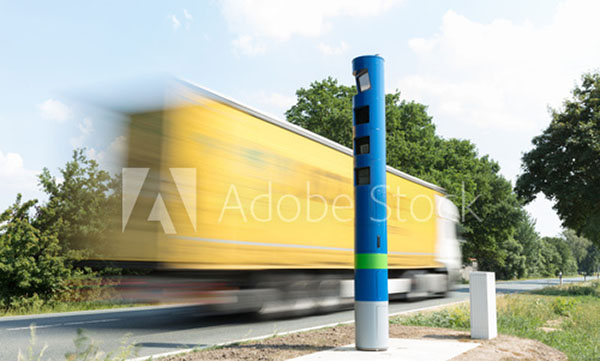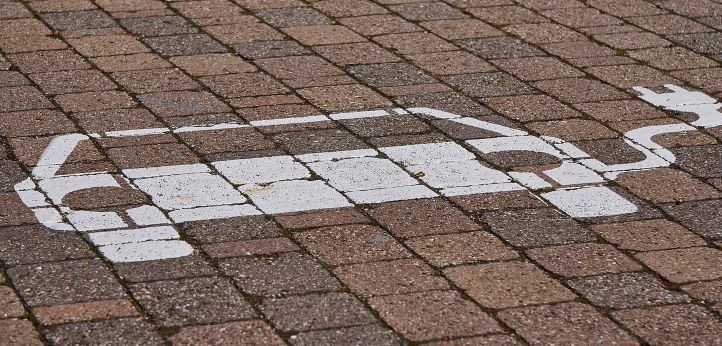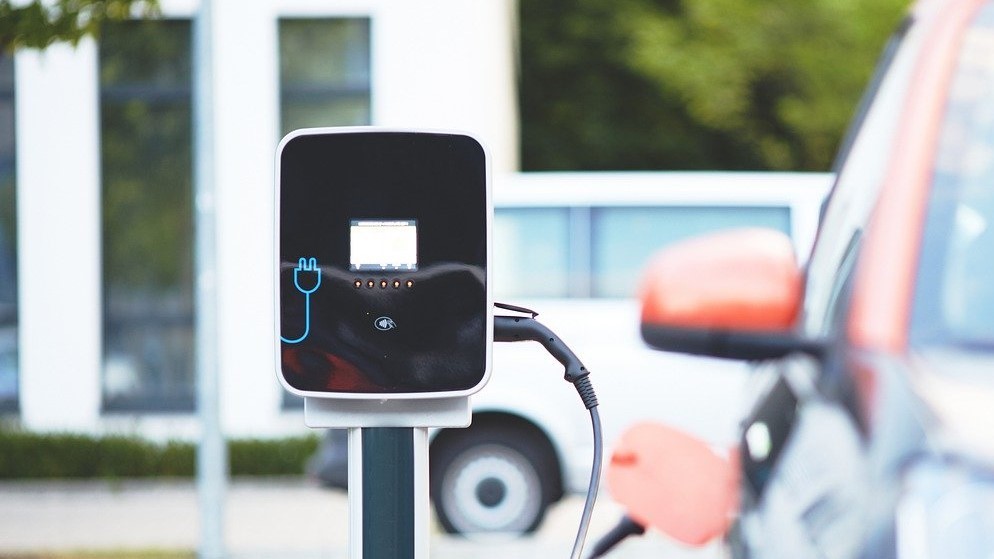Today, the Bundestag is discussing the planned reform of the truck toll. According to the coalition, the toll is to be significantly increased and expanded. The bill provides for the introduction of a CO2 surcharge in addition to the existing toll rates. Reinhard Zirpel, President of the Association of International Motor Vehicle Manufacturers (VDIK), commented: “The new CO2-based truck toll is an essential instrument to stimulate the use of emission-free commercial vehicles. However, the switch to trucks powered by batteries or hydrogen can only succeed if the necessary charging and hydrogen infrastructure is built quickly. It is annoying, however, that the high additional revenues from truck tolls are not benefiting either the maintenance of the road infrastructure or the construction of the necessary charging stations. The federal budget for 2024 therefore urgently needs to be amended. The additional revenue from truck tolls should go primarily to charging and hydrogen infrastructure and the promotion of zero-emission trucks.”
The hasty reform and the massive increase of the toll could overburden many transport companies. Therefore, the VDIK demands that particularly low-CO2 commercial vehicles with conventional drives should also be favored more effectively. With the present draft law, zero-emission commercial vehicles, such as battery or hydrogen trucks, are to be exempted from the toll until 2025 and will continue to receive considerable benefits thereafter. Particularly CO2-efficient heavy commercial vehicles with internal combustion engines, on the other hand, will only be marginally better off. Reinhard Zirpel: “Commercial vehicles with particularly economical diesel or gas engines should benefit more from the CO2 toll. If the German government is serious about differentiating the truck toll according to CO2 emissions in the interests of climate protection, it should make full use of the scope offered by the Eurovignette Directive.” Unfortunately, the draft law still does not provide for renewable fuels to be taken into account in comparison with fossil fuels. The CO2 reduction potential of these climate-friendly fuels should also be included in future when the truck toll is levied.





